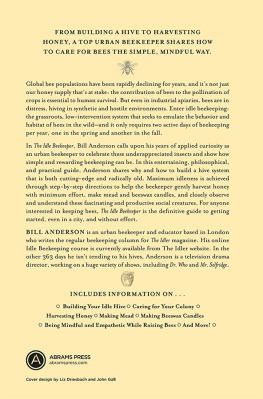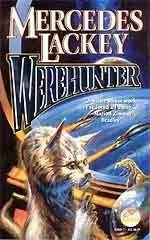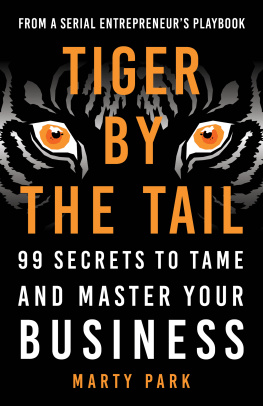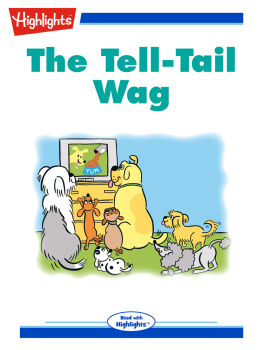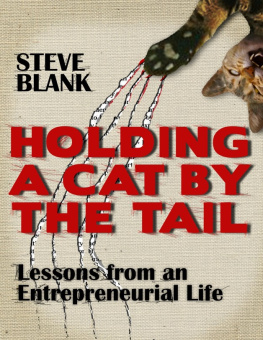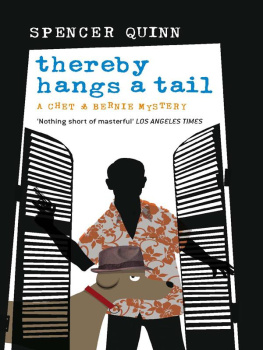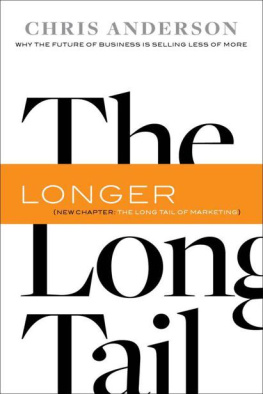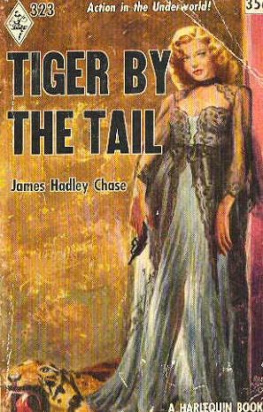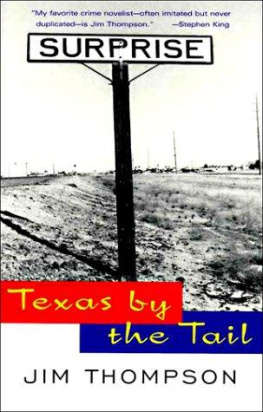The tracking of top-seller lists is a national obsession. Our culture is a massive popularity contest. We are consumed by hitsmaking them, choosing them, talking about them, and following their rise and fall. Every weekend is a box-office horse race, and every Thursday night is a Darwinian struggle to find the fittest TV show and let it live to see another week. A few hit songs play in heavy rotation on the radio dials, while entertainment executives in all these industries sweat as they search for the next big thing.
This is the world the blockbuster built. The massive media and entertainment industries grew up over the past half century on the back of box-office rockets, gold records, and double-digit TV ratings. No surprise that hits have become the lens through which we observe our own culture. We define our age by our celebrities and mass-market productsthey are the connective tissue of our common experience. The star-making system that Hollywood began eight decades ago has now spun out into every corner of commerce, from shoes to chefs. Our media is obsessed with whats hot and whats not. Hits, in short, rule.
Yet look a little closer and youll see that this picture, which first emerged with the postwar broadcast era of radio and television, is now starting to tatter at the edges. Hits are starting to, gasp, rule less. Number one is still number one, but the sales that go with that are not what they once were.
Most of the top fifty best-selling albums of all time were recorded in the seventies and eighties (the Eagles, Michael Jackson), and none were made after 2000. Hollywood box-office revenue was down by more than 6 percent in 2005, reflecting the reality that the theatergoing audience is falling even as the population grows.
Every year network TV loses more of its audience to hundreds of niche cable channels. Males age eighteen to thirty-four, the most desirable audience for advertisers, are starting to turn off the TV altogether, shifting more and more of their screen time to the Internet and video games. The ratings of top TV shows have been falling for decades, and the number one show today wouldnt have made the top ten in 1970.
In short, although we still obsess over hits, they are not quite the economic force they once were. Where are those fickle consumers going instead? No single place. They are scattered to the winds as markets fragment into countless niches. The one big growth area is the Web, but it is an uncategorizable sea of a million destinations, each defying in its own way the conventional logic of media and marketing.
ITUNES KILLED THE RADIO STAR
I came of age in the peak of the mass-culture erathe seventies and eighties. The average teenager then had access to a half dozen TV channels, and virtually everyone watched a few or more of the same handful of TV shows. There were three or four rock radio stations in any town that largely dictated what music people listened to; only a few lucky kids with money built record collections that ventured farther afield.
We all saw the same summer blockbusters in the theater and got our news from the same papers and broadcasts. About the only places you could explore outside the mainstream were the library and the comic book shop. As best I can recall, the only culture I was exposed to other than mass culture was books and whatever my friends and I made up, and that traveled no farther than our own backyards.
Contrast my adolescence with that of Ben, a sixteen-year-old who grew up with the Internet. Hes the single child of affluent parents in the tony North Berkeley Hills, so hes got a Mac in his bedroom, a fully stocked iPod (and a weekly iTunes allowance), and a posse of friends with the same. Like the rest of his teenage friends, Ben has never known a world without broadband, cell phones, MP3s, TiVo, and online shopping.
The main effect of all this connectivity is unlimited and unfiltered access to culture and content of all sorts, from the mainstream to the farthest fringe of the underground. Ben is growing up in a different world from the one I grew up in, a world far less dominated by any of the traditional media and entertainment industries. If you dont recognize yourself in the pages to come in this book, imagine Ben instead. His reality is the leading edge of all of our futures.
From Bens perspective, the cultural landscape is a seamless continuum from high to low, with commercial and amateur content competing equally for his attention. He simply doesnt distinguish between mainstream hits and underground nicheshe picks what he likes from an infinite menu where Hollywood movies and player-created video-game stunt videos are listed side by side.
Ben watches just two hours or so a week of regular TV, mostly West Wing (time shifted, of course) and Firefly, a canceled space serial he has stored on his TiVo. He also counts as TV the anime he downloads with BitTorrent, a peer-to-peer file-sharing technology, because it was originally broadcast on Japanese television (the English subtitles are often edited in by fans).
When it comes to movies, hes a sci-fi fan, so hes pretty mainstream. Star Wars is a passion, as was the Matrix series. But he also watches movies he downloads, such as amateur machinima (movies made by controlling characters in video games) and independent productions such as Star Wars Revelations, a fan-created tribute film with special effects that rival the Lucas originals.
Some of the music on his iPod is downloaded from iTunes, but most comes from his friends. When one of the group buys a CD, he or she typically makes copies for everyone else. Bens taste is mostly classic rockLed Zeppelin and Pink Floydwith a smattering of videogame soundtracks. The only radio he listens to is when his parents turn on NPR in the car.
Bens reading ranges from Star Wars novels to Japanese manga, with a large helping of Web comics. He, like a few of his friends, is so into Japanese subculture that hes studying Japanese in school. When I was in school, kids studied Japanese because Japan was a dominant economic power and language skills were thought to open up career opportunities. But now kids study Japanese so they can create their own anime subtitles and dig deeper into manga than the relatively mainstream translated stuff.
Most of Bens free time is spent online, both randomly surfing and participating in user forums such as Halo and Star Wars discussion sites. Hes not interested in newshe reads no newspapers and watches no TV newsbut follows the latest tech and subculture chatter on sites such as Slashdot (geek news) and Fark (weird news). He instant messages constantly all day with his ten closest friends. He doesnt text much on his cell phone, but he has friends that do. (Texting is preferred by those who are out and about a lot; IM is the chat channel of choice for those who tend to spend more time in their own rooms.) He plays video games with friends, mostly online. He thinks Halo 2 rocks, especially the user-modified levels.
I suspect that had I been born twenty-five years later, my teenage years would have been quite similar. The main difference between Bens adolescence and my own is simply choice. I was limited to what was broadcast over the airwaves. Hes got the Internet. I didnt have TiVo (or even cable); he has all that and BitTorrent, too. I had no idea there was even such a thing as manga, much less how to get it. Ben has access to it all. Would I have watched Gilligans Island reruns if Id been able to build a clan with friends in World of Warcraft online instead? I doubt it.
TV shows were more popular in the seventies than they are now not because they were better, but because we had fewer alternatives to compete for our screen attention. What we thought was the rising tide of common culture actually turned out to be less about the triumph of Hollywood talent and more to do with the sheepherding effect of broadcast distribution.







